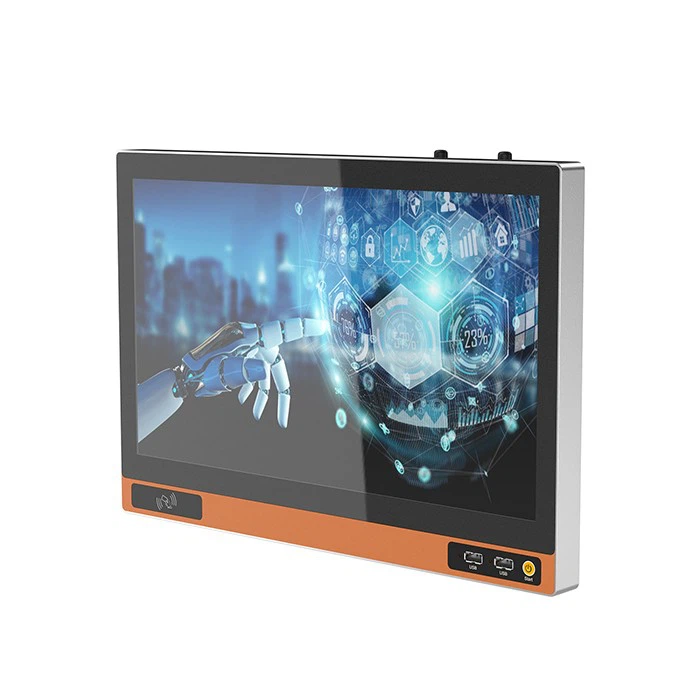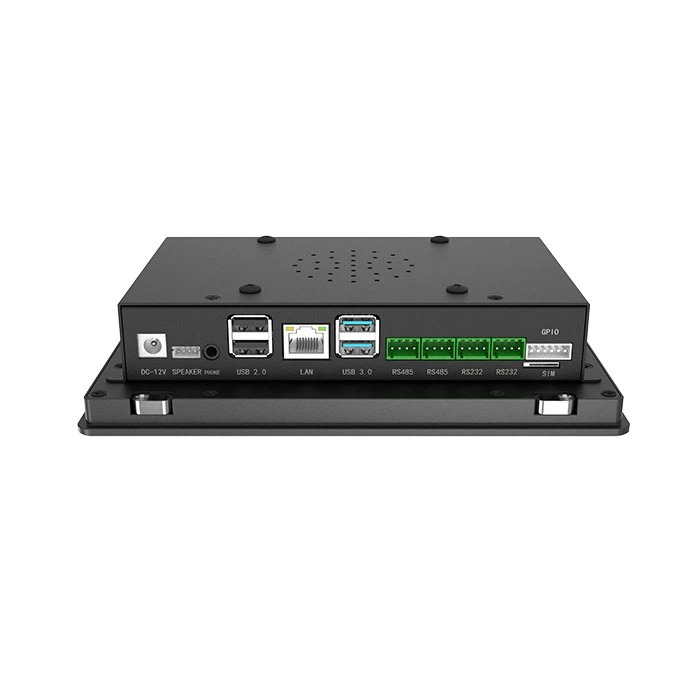Malaysia has released its first artificial intelligence chip, entering the global cutting-edge technology race
Industry Trends, News 2022-06-14
On Monday local time, Malaysia released its first self-developed artificial intelligence (AI) processor, joining the world’s most sought-after competition for core electronic component research and development.
Malaysian local chip design company SkyeChip launched the MARS1000 at an event hosted by an industry association and attended by senior government officials. According to the statement of the Semiconductor Industry Association of Malaysia (MSIA), this is the country’s first edge AI processor – which can be directly embedded in terminal devices such as cars and robots to complete computing locally without relying on the cloud.
Fong Swee Kiang, the CEO of SkyeChip, stated that the MARS1000 is a smart iot chip based on a 7-nanometer manufacturing process, featuring high cost-effectiveness, intelligence, high energy efficiency, and AI-supported solutions.
He added that Malaysia will for the first time have a domestically developed AI chip, the MARS1000, which can be widely applied in scenarios such as smart agriculture, Industry 4.0, smart cities, intelligent transportation and safe cities.
As an important part of the global semiconductor supply chain, Malaysia is seeking to play a more significant role in the wave of artificial intelligence. The country has become a key player in the field of chip packaging and an important production base for equipment manufacturers, with suppliers including Lam Research. In addition, Malaysia’s status as an AI data center has rapidly risen, and giants such as Oracle and Microsoft have successively invested heavily in this area recently.
Dato ‘Sri Ong Soo Tai, the chairman of MSIA, said on the same day that Malaysia’s semiconductor and electrical and electronic product exports in the first half of 2025 increased by 15.7% year-on-year, far exceeding the national average export growth rate of 3.8%.
He pointed out that Malaysia is gradually realizing its vision of becoming a global hub covering everything from IC design to advanced packaging, from equipment innovation to smart manufacturing and talent cultivation.
Compared with the most advanced AI chips developed by NVIDIA for data centers and large-scale algorithm training, the complexity and computing power of edge AI chips are much lower. But this breakthrough remains a crucial step for Malaysia to build its independent capabilities in the field of cutting-edge technology. It is still unclear where SkyeChip will produce its chips.
Meanwhile, the government led by Malaysian Prime Minister Anwar Ibrahim is promoting a multi-year plan aimed at enhancing Malaysia’s strength in areas such as chip design, wafer manufacturing and AI data centers. The government of the country has committed to investing at least 25 billion ringgit (about 6 billion US dollars) to climb to the higher ends of the global value chain.
However, this ambition is facing complex external challenges. The Trump administration plans to restrict the export of AI chips to Malaysia and Thailand, citing suspicion that smuggling groups are using the two countries as transit points to transport high-performance chips to regulated markets. In response to this, Malaysia has recently tightened export controls on AI chips containing US technology and declared that it “will never tolerate their use in illegal trade within the country.”



